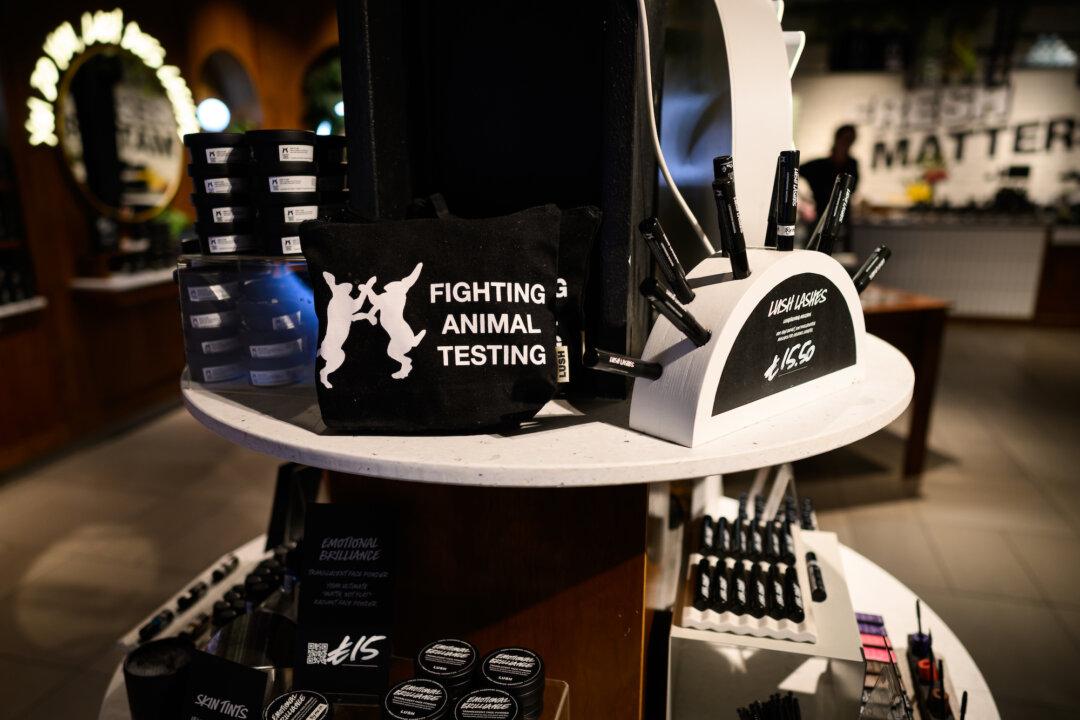A new bipartisan bill aims to prohibit the National Institutes of Health (NIH) from subjecting certain animals to cruel experiments like mutilations and injections with infectious viruses.
On Thursday, Rep. Nancy Mace (R-S.C.) introduced HR 7958, Preventing Animal Abuse and Waste Act (PAAW Act), which seeks to amend the Public Health Service Act to ban the NIH from “conducting or funding research that causes significant pain or distress to dogs or cats,” said an April 11 press release from the lawmaker. The bill, co-led by Rep. Jared Moscowitz (D-Fla.), is backed by nonprofit watchdog White Coat Waste Project, which investigated NIH’s testing of dogs and cats.





